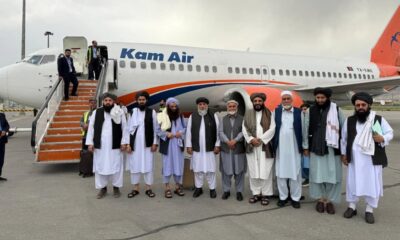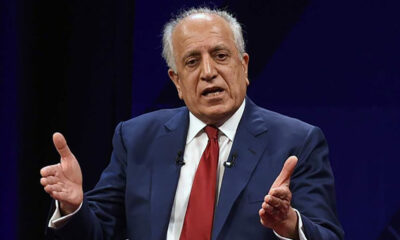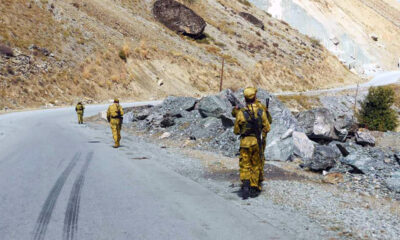Latest News
Land Mines Leave About 100 Casualties in Afghanistan Monthly: Watchdog
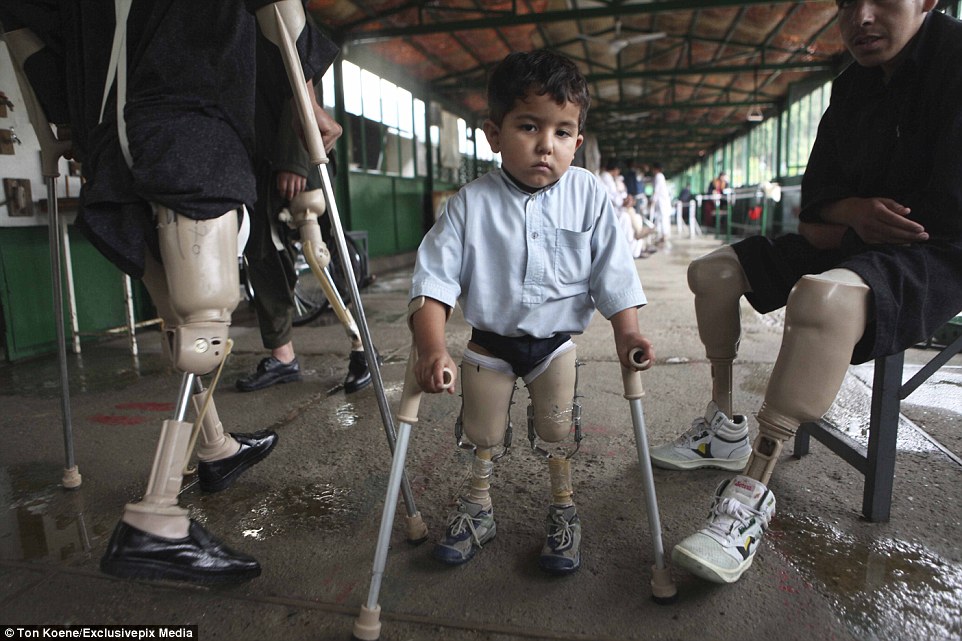
 An international watchdog says land mines leave about 100 casualties in Afghanistan on monthly basis.
An international watchdog says land mines leave about 100 casualties in Afghanistan on monthly basis.
According to a report released, there were more than 600 casualties in 2016 in Afghanistan compared to the year 2015 which shows Afghanistan at the top of the list.
“The statistics show that every month we have about 100 victims due to [land mine explosions] in Afghanistan,” Islamuddin Mohammadi Executive Director of Afghan Landmine Survivors Organization (ALSO) said on Thursday,” most of these causalities have occurred due to roadside and sticky bombs explosions.”
“78 percent of the victims were civilians and 42 percent of those causalities were children. After Yemen, it is reported that Afghanistan was having the highest number of causalities,” Amena Azimi member of the ALSO added.
While the number of casualties from land mines increased in Afghanistan, the government has decreased 80 percent the budged allocated for victim assistance.
Officials also accept that so far much has not been done for mine victims in Afghanistan.
“Unfortunately, no considerable assistance has been provided to the victims and disabled so far,” Sayed Alem Hashimi, a government official from the Afghan Ministry of Labor, Social Affairs, Martyrs and Disabled confessed.
The International Campaign to Ban Landmines said in its annual report released on Thursday that there were 8,605 casualties, including 2,089 deaths, from mines in 2016 across the globe.
The group attributed the increased casualties largely to armed conflicts in Afghanistan, Libya, Ukraine and Yemen, adding that use of improvised mines and other IEDs by anti-government elements in 2016 and 2017 resulted in further casualties.
The use of improvised mines in Afghanistan is mainly attributed to the Taliban, Haqqani Network and so-called Islamic State (IS) also known as Deash.
By Hesamuddin Hesam & Bais Hayat

Latest News
Muttaqi voices concern over Pakistan’s forced expulsion of Afghan refugees
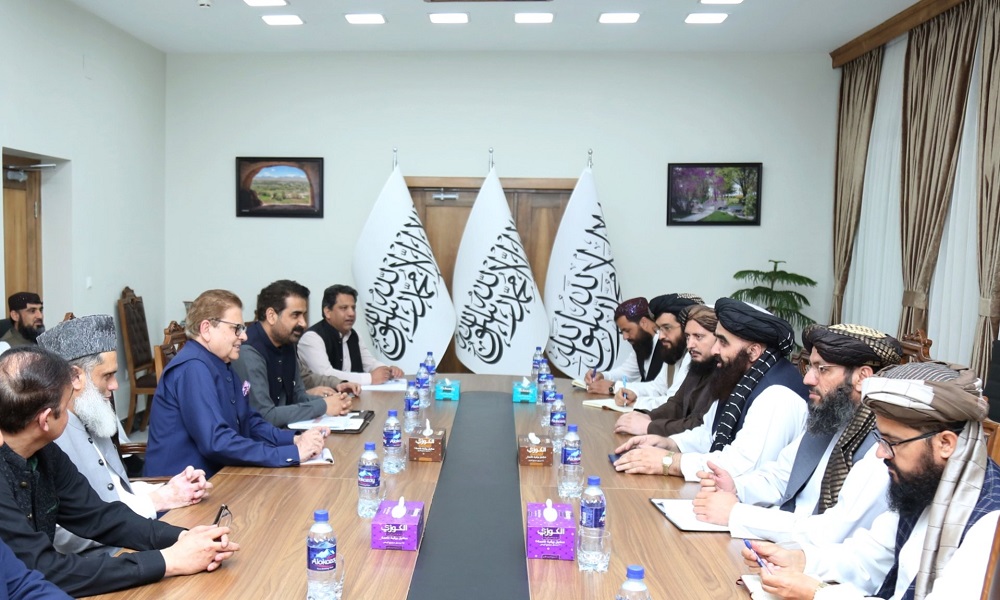
Acting Foreign Minister Amir Khan Muttaqi on Wednesday expressed his deep concern over the state of relations between Kabul and Islamabad during a meeting with Pakistan’s Special Representative for Afghanistan Mohammad Sadiq.
Sadiq, who is leading Islamabad’s delegation, is in Kabul for the 7th session of the Afghanistan-Pakistan Joint Coordination Committee (JCC) meeting.
The meeting comes amid growing tensions between the two countries, with Afghan refugee deportations and skirmishes along the border.
Pakistan, which has seen an increase in security incidents in the past few years, has also repeatedly accused the Islamic Emirate of allowing militant groups to operate from Afghanistan.
Zia Ahmad Takal, head of public relations at the Ministry of Foreign Affairs, said in a statement on Wednesday that Muttaqi “expressed his deep concern over the state of relations between Kabul and Islamabad”, particularly regarding the forced deportation of Afghan refugees.
Muttaqi emphasized that both countries should resolve their issues through dialogue in an atmosphere of mutual trust and avoid actions or statements that may lead to public resentment or provoke emotions.
Sadiq in turn noted that the two neighboring countries share deep ties and should explore ways to resolve the challenges that have arisen.
Latest News
Acting Minister of Industry and Commerce heads to Pakistan
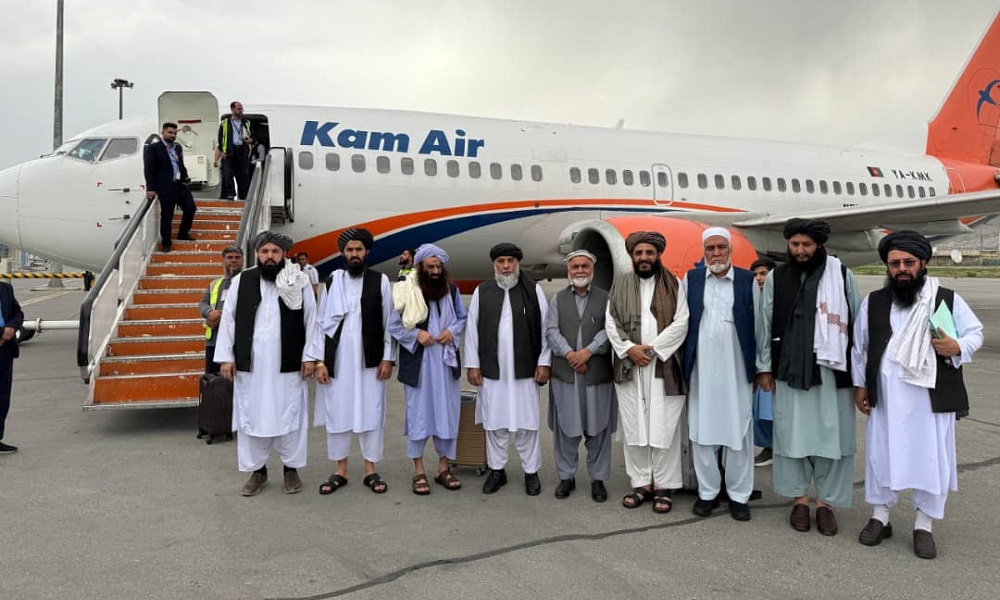
Nooruddin Azizi, the Acting Minister of Industry and Commerce of the Islamic Emirate of Afghanistan, and a high-ranking delegation, has left for Pakistan for talks on various issues.
According to a statement issued on Wednesday, the Ministry of Industry and Commerce stated that the purpose of this trip is to assess and resolve existing obstacles in trade, transit, and transportation between the two countries, as well as to hold discussions regarding the challenges faced by Afghan refugees residing in Pakistan.
The high-level delegation led by Azizi includes representatives from the office of the Economic Deputy Prime Minister, the Investment Facilitation Directorate of the Administrative Office, and the Ministries of Foreign Affairs, Finance, Refugees and Repatriation,
Latest News
Khalilzad says Pakistan might be using migrant expulsions to infiltrate ISIS into Afghanistan
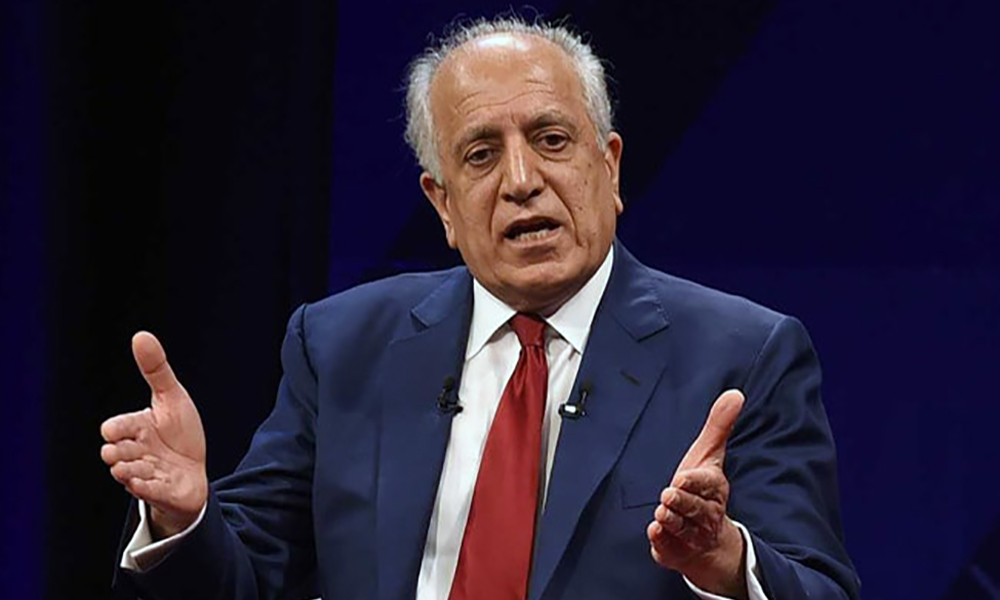
Washington’s former special envoy to Afghanistan, Zalmay Khalilzad, said in a social media post on Wednesday that he is concerned Pakistan might be using the expulsion of refugees as a cover to send in ISIS fighters into Afghanistan.
In a post on X on Wednesday, April 16, Khalilzad said: “Knowledgeable people tell me that they are concerned that the Pakistan establishment might well be using the expulsion of Afghan refugees as a cover to send ISIS terrorists to Afghanistan. I share this concern.”
Khalilzad did not elaborate further, nor did he clarify who the “knowledgeable people” were.
The Islamic Emirate has long been known to fight ISIS and has in the past accused Pakistan of supporting the militant group.
In January, Afghanistan’s deputy minister of foreign affairs said ISIS was operating training centers in Pakistan.
Khalilzad’s remarks come amid intensified efforts by Pakistan to deport hundreds of thousands of Afghan refugees in the country.
Pakistan began deporting undocumented Afghans in October 2023 but following a directive in December, authorities ramped up the deportations from April 1. In the first two weeks of this month over 45,000 Afghans returned.
-
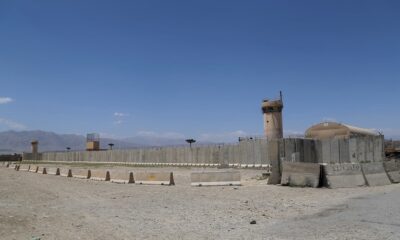
 Latest News4 days ago
Latest News4 days agoNo American military presence in Bagram: US defense official
-

 World5 days ago
World5 days agoWhite House says ‘all hell to pay’ should Iran develop nuclear weapon
-

 Latest News5 days ago
Latest News5 days agoTrump ends protected status for thousands of Afghans, Cameroonians
-

 Latest News4 days ago
Latest News4 days ago‘No one wants to see a nuclear-armed Iran,’ says former US ambassador to Afghanistan
-
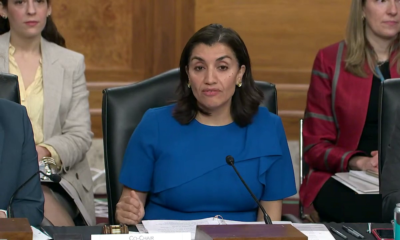
 Latest News4 days ago
Latest News4 days agoUS Senate convenes commission to review early years of Afghanistan war
-

 Regional4 days ago
Regional4 days agoIran, US hold ‘positive’ talks in Oman, agree to resume next week
-

 World3 days ago
World3 days agoTrump says Ukraine talks may be going OK, but there is a time ‘to put up or shut up’
-

 Latest News3 days ago
Latest News3 days ago6.1-magnitude earthquake shakes northern Afghanistan

